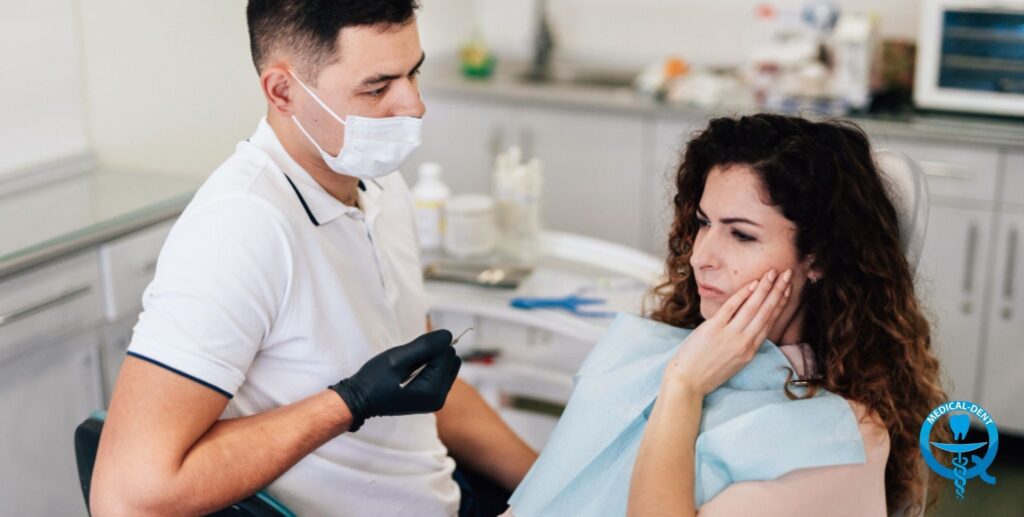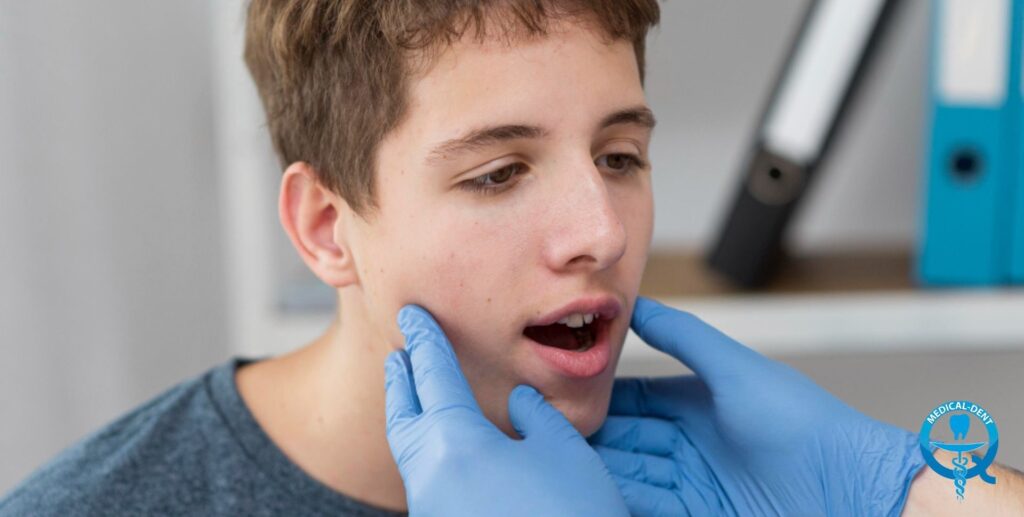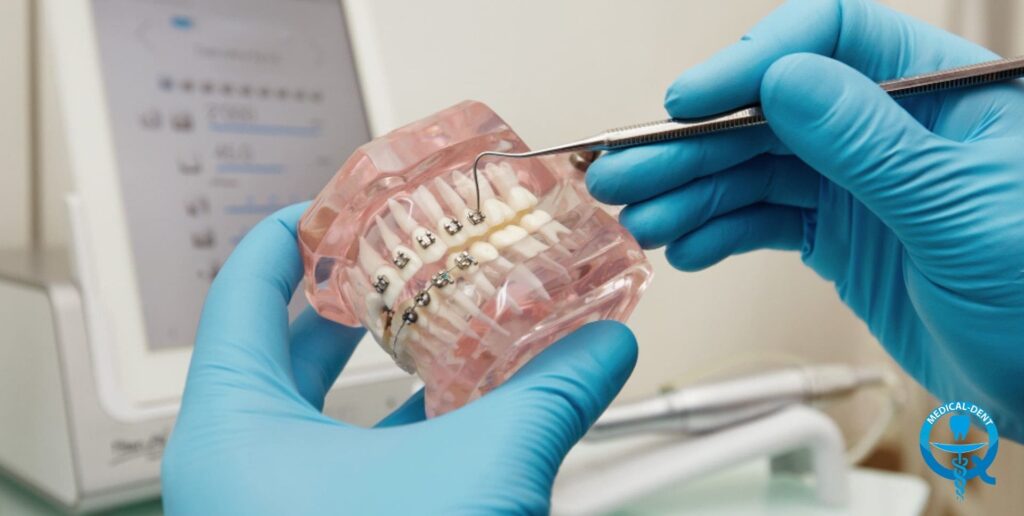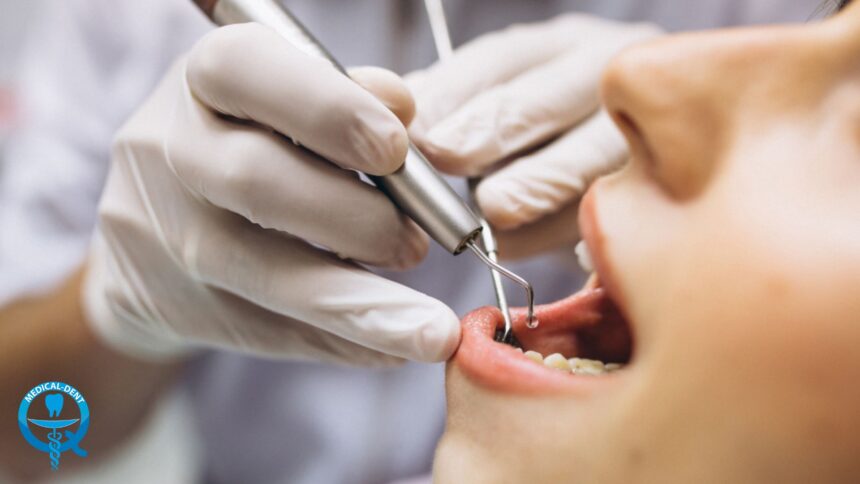Anterior overbite is a malocclusion where the lower jaw is protruding forward in relation to the upper jaw, causing the lower teeth to overlap the upper teeth. This has specific consequences such as problems maintaining good oral hygiene or frequent headaches. What are the causes of anterior overbite and how can it be corrected? Read the article.
Forebite - causes
If either parent had or still has this malocclusion, the child may also be at risk. An overbite can also be a consequence of a malformation of the jaw - for example, an upper jaw that is too small or a lower jaw that is too large, resulting in misaligned teeth.
However, the causes of this malocclusion are often are bad habits in childhood. Among the most common
- prolonged thumb or dummy sucking after the age of three,
- breathing through the mouth
- incorrect diet. A diet rich in soft foods that do not require intensive chewing can lead to poor development of the chewing muscles and improper jaw formation.
- absence of deciduous teeth. Early loss of deciduous teeth due to decay or trauma can lead to shifting of the remaining teeth and misalignment of the jaw.
- incorrect posture.
Lastly, illnesses, i.e. chronic tonsillitis, can also lead to habitual breathing through the mouth, which promotes the development of a forebite.
Whatever the cause, if you are struggling with a forebite start treatment. Why - about this below? And if you have another malocclusion we recommend our article "Malocclusion in adults - causes, consequences and treatment"

Consequences of lack of treatment
An anterior bite makes speaking and chewing difficult. The latter in particular has a major impact on the whole body. Poorly ground food can result in improper digestion and stomach problems.
This is compounded by chronic headaches and jaws and problems with oral hygiene: An anterior bite makes it difficult to clean teeth thoroughly, which promotes tooth decay and gum disease. Teeth may be more prone to mechanical damage such as cracks and chipping.
Finally, a forebite affects the aesthetics of the face giving it a disproportionate appearance. This can lead to problems with self-esteem and confidence.
So how can this malocclusion be managed?

Forebite - treatment
The treatment of an anterior bite depends on the severity of the malocclusion itself and the age of the patient. The choice of the appropriate treatment method should be adapted to the individual's needs and abilities.
The most commonly used treatment method is orthodontics. To move teeth, dentists opt for fixed or removable braces. If you would like to find out more about this we recommend our article "Types of braces in the UK - what to choose".
In more difficult cases, maxillofacial surgery may be necessary. During the operation, the bark will be repositioned and brought into the correct position.
And how much does it cost to treat a forebite?

Treatment costs
These will depend on the treatment method chosen and its duration. You will find exact prices in our price lists under "orthodontics" i "maxillofacial surgery". However, we recommend that you make an appointment during which you will learn not only the price, but also all the stages of treatment.
And rest assured, if you are now worried about the cost. By opting for our surgery, if the amount exceeds £350, you can take advantage of the instalment scheme. Importantly, the first 12 months are zero interest, meaning you only pay back what you spent on your treatment.
You can read more in the article Instalment scheme for dental treatment in the UK".
IMPORTANT! Our instalment system is safe and regulated by Financial Conduct Authority (FCA number 619628).

